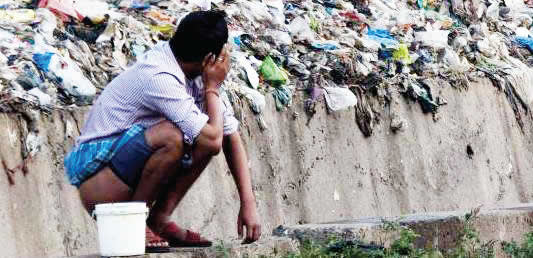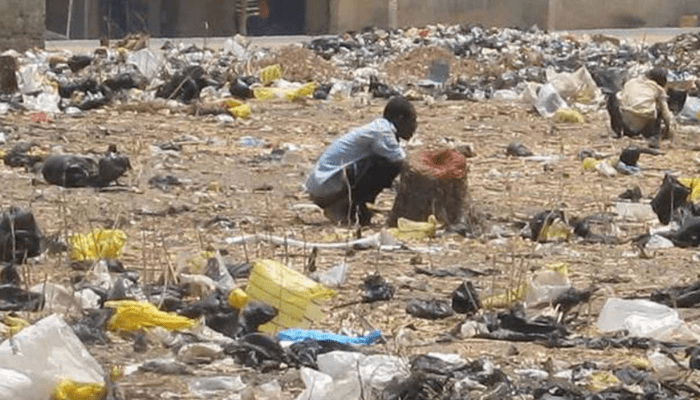Tajudeen Abbas, the Speaker of the House of Representatives, has affirmed the House’s commitment to collaborating with all stakeholders to eliminate open defecation and ensure a hygienic living environment for all Nigerians.
Abbas made this assertion during a public hearing convened by the House of Representatives joint Committees on Environment, Water Resources, Ecological Fund, Works, Emergency, and Disaster Preparedness, held in Abuja.
He acknowledged the severe impact of erosion and other environmental factors on citizens’ lives, urging all relevant agencies to intensify efforts to achieve the objective of ending open defecation by 2025.

The Minister of State for Environment, Iziaq Salako, expressed concern about Nigeria’s current status regarding the nationwide campaign to end open defecation, emphasising the country’s lag behind schedule.
Salako advocated for increased funding to ensure the effective implementation of policies aimed at eradicating open defecation. He also urged governments at all levels to empower environmental health officials to fulfil their regulatory duties, suggesting that Nigeria could enhance its efforts by empowering security agencies involved in combating open defecation.
Addressing rural water projects, Pondi Gbabojor, the chairman of the joint committee, stressed the imperative for the government and relevant agencies to intervene and take decisive actions to improve living conditions for constituents.
Gbabojor urged both governmental and private entities to embark on robust rural water projects to provide communities with access to clean water and functional toilet facilities.
He underscored the significance of the public hearing as a platform for stakeholders to engage in constructive dialogue, share insights, and propose actionable recommendations to address pressing environmental issues.
“It is an opportunity for us to harness collective wisdom, expertise, and resources towards finding lasting solutions that will positively impact the lives of millions of Nigerians,” Gbabojor stated.
He called upon government agencies, especially those responsible for environmental conservation, disaster relief, environmental remediation, and infrastructure provision, to intervene comprehensively and implement sustainable solutions prioritising citizens’ safety and well-being.


